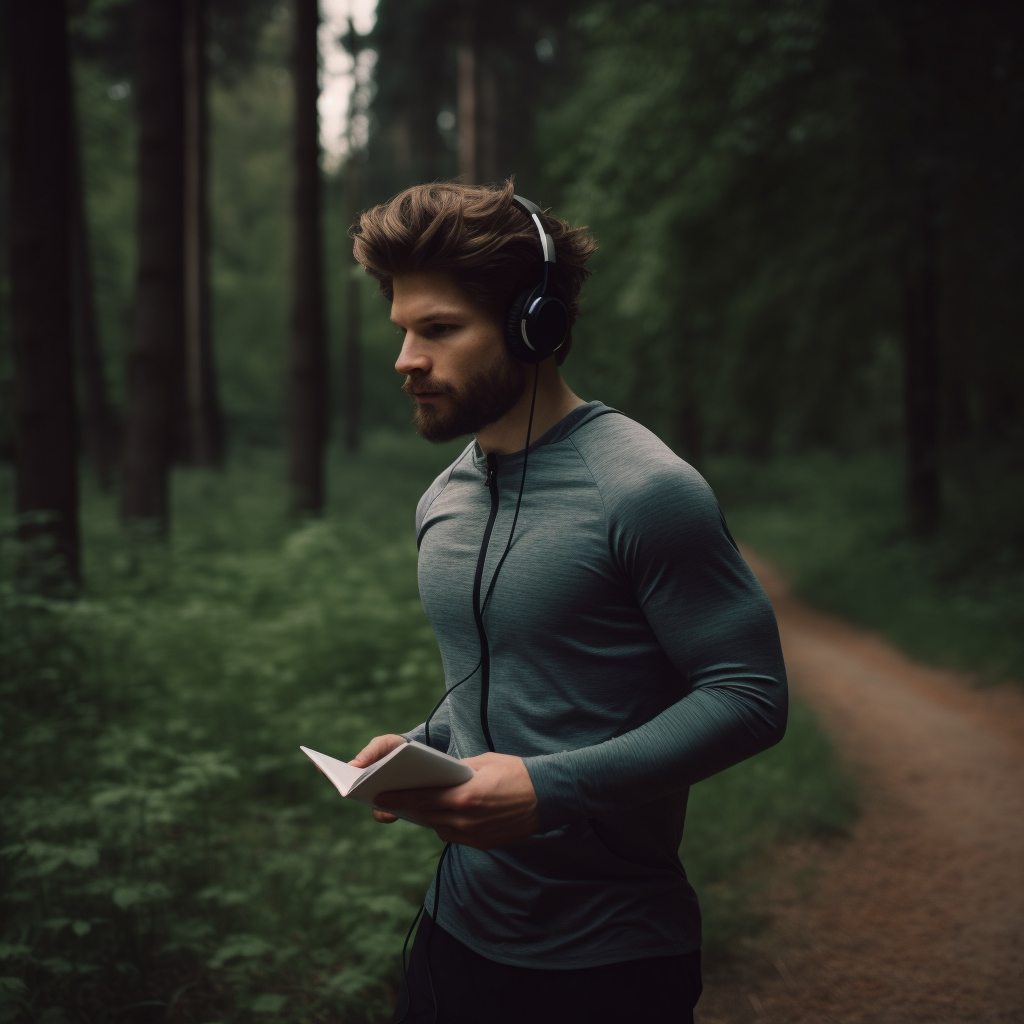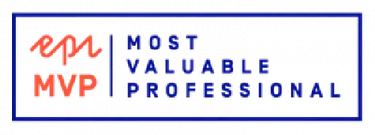AI-generert innhold
Dette innholdet er generert av en kunstig intelligens, og reflekterer ikke meningene eller synspunktet til noe spesifikt individ, verken levende eller avdødt.
| Tekst generert av | ChatGPT (GPT-4) |
| Tekst prompt | Write a blog post about the audio books, the history an the impact on the pace we consume literature |
| Bilde generert av | Midjourney |
| Bilde prompt | A runner listening to an audio book |
Audiobooks: Revolutionizing the Way We Consume Literature

In the dynamic landscape of literature, the medium is as evolutionary as the message. From oral storytelling traditions to handwritten manuscripts, from printed books to digital e-books, and now, the rise of audiobooks. These audio renditions of written text have transformed the reading landscape, influencing the pace and pattern of literary consumption. This blog post delves into the history of audiobooks and their impact on our reading habits.
The History of Audiobooks
Believe it or not, the concept of audiobooks dates back to the late 19th century. Thomas Edison, after inventing the phonograph in 1877, proclaimed that it would be used "to record the books which would speak to blind people". However, it wasn't until the 1930s that the first systematic production of audiobooks took place. The American Foundation for the Blind and the Library of Congress' Books for the Adult Blind Project began creating records of spoken books, primarily for veterans who had lost their sight during the war and other visually impaired individuals.
In the 1960s and 70s, as tape cassettes became commonplace, audiobooks gained popularity. They became a fixture in libraries and a convenient way for the busy or commuting individual to 'read' a book. However, the real game-changer was the advent of digital technology and the internet in the late 20th century. Websites like Audible, founded in 1995, made audiobooks accessible to a global audience.
The Impact on Our Reading Habits
The rise of audiobooks has significantly influenced the way we consume literature.
Increased Accessibility
Audiobooks have opened the doors of literature to those who might find traditional reading challenging. They are a boon for people with visual impairments or reading difficulties like dyslexia. Moreover, they allow people to 'read' books while doing tasks that would otherwise be incompatible with reading, such as driving, cooking, or working out.
Enhancing Comprehension and Retention
Audiobooks offer a unique, immersive reading experience. The narration, complete with voice modulation and dramatization, can enhance the reader's understanding and emotional connection to the story. Studies suggest that listening to a book might even improve retention, particularly for auditory learners.
Promoting a Love for Literature
For many, particularly children and reluctant readers, the act of decoding text can be a barrier to enjoying the story. Audiobooks can help circumvent this hurdle, fostering an appreciation for literature. They provide an excellent way to introduce complex literature or older works that may seem daunting due to antiquated language or dense text.
Changing the Pace of Consumption
Audiobooks have undeniably quickened the pace at which we can consume literature. They provide the ability to adjust the playback speed according to one's preference. Plus, the multi-tasking aspect means that more people can fit 'reading' into their busy lives.
Looking to the Future
The rise of audiobooks has just begun. With advancements in voice technology and AI, the future promises even more innovative possibilities - think interactive audiobooks or personalized narration styles.
In a world where time is a precious commodity, audiobooks offer an efficient and flexible way to indulge in the joy of reading. They stand not as a replacement for traditional reading, but as a complement, accommodating our evolving lifestyles and making literature more accessible and inclusive.
So, why not give audiobooks a try? You might find yourself swept away by the spoken narrative, discovering a whole new way to enjoy stories. As we move forward, it's safe to say that the symphony of storytelling will continue to play on, embracing the audio as much as
